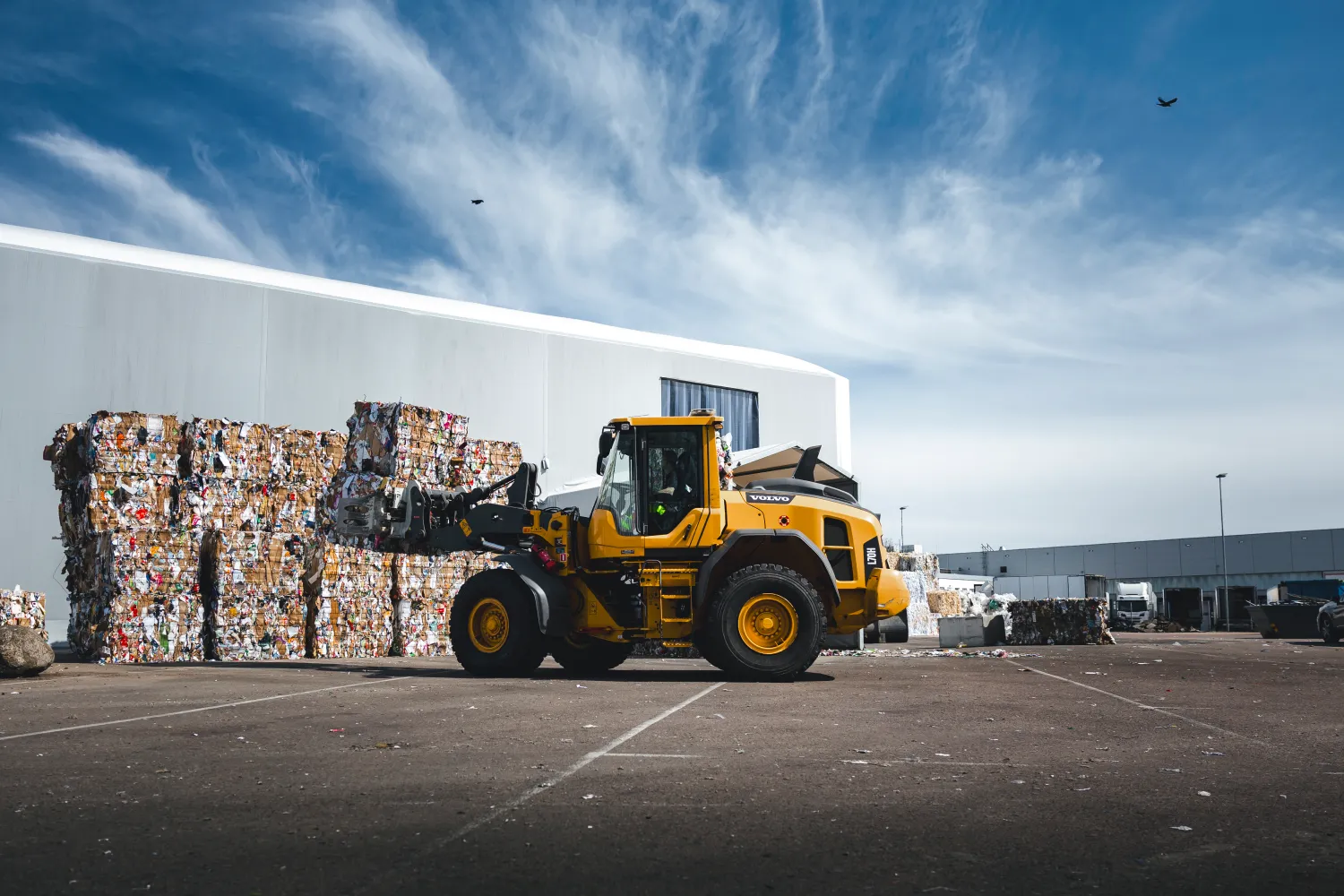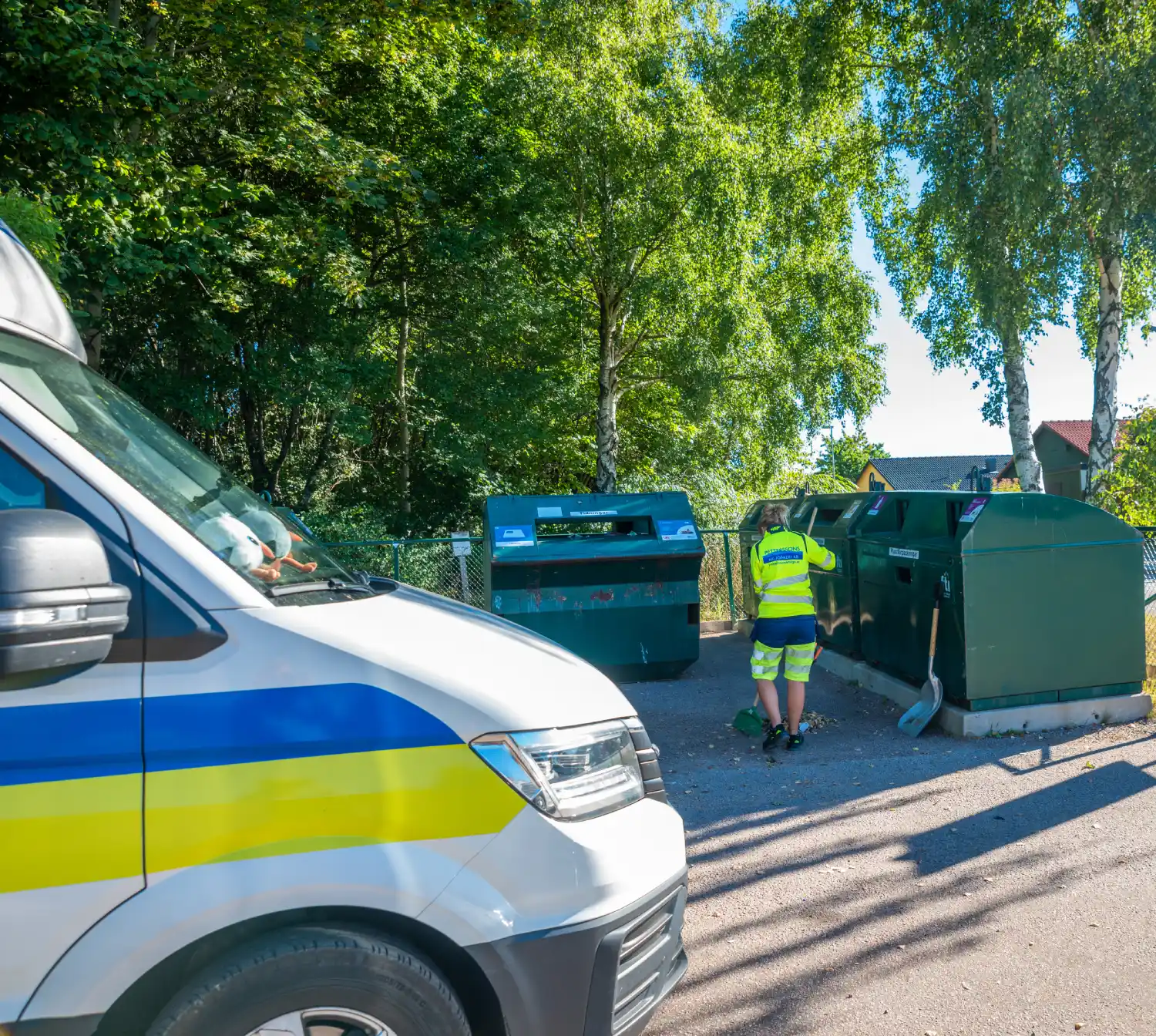The Ecological and Economic Benefits of Recycling in Sweden
The Ecological and Economic Benefits of Recycling in Sweden
Blog Article
Correct recycling remains one of the very impactful activities for sustainability. But, for many people, the Recycling (Återvinning) method can appear difficult, primary to lower involvement rates. Six municipalities are adjusting that by adopting detailed packaging administration answers developed to produce recycling simpler, better, and available for everyone.
Why Refined Recycling Matters
Across municipalities global, recycling participation considerably impacts spend administration success. Reports suggest that neighborhoods with refined recycling programs see involvement charges increase by around 20%-30% in comparison to those with convoluted systems. This improvement advantages not only the environmental surroundings but additionally municipal waste finances, as greater recycling prices reduce steadily the dependence on expensive landfill usage.
Simplifying processes for citizens encourages appropriate sorting, reduces contamination, and increases the healing charge of recyclable materials. Municipalities applying progressive methods are showing that little improvements may make a difference in achieving sustainability goals.

Critical Top features of Simple Recycling
1. Apparent Directions on Presentation Materials
One common problem in recycling is frustration about exactly what do and can not be recycled. A study exposed that 62% of citizens are uncertain about how to kind certain resources, particularly with packaging. By giving up-to-date directions and user-friendly brands on appearance, municipalities are supporting people experience well informed about their choices.
2. Centralized Drop-Off Factors
Newly introduced centralized series items are designed to be conveniently located and well-maintained. These selection techniques are proven to boost involvement, with studies showing an a quarter-hour increase in recycling costs in neighborhoods with easy-to-access drop-off stations.
3. Clever Recycling Bins
Scientific advancements provide development to recycling bins. Many municipalities now implement wise bins that identify non-recyclable products or inform officials when bins are full. Such techniques have decreased waste contamination by around 25%, according to pilot plan statistics.
4. Educational Campaigns
Neighborhood diamond campaigns handling the importance of recycling certainly are a game-changer. From workshops to apps giving recycling books, these attempts increase awareness. Data reveal that house holds engaging in these programs boost their sorting accuracy by 18%-22% on average.

The Good Outcomes
These comprehensive alternatives not just simplify recycling but in addition stimulate long-term behavior change. Simplification fosters environmental stewardship, especially among younger years eager to take action. Decreased contamination, improved recycling rates, and over all spend management performance are critical outcomes benefiting municipalities and the planet alike.
Municipalities utilizing these applications display that simplifying the recycling method is not nearly convenience. It's about creating sustainable systems that work for persons and the environmental surroundings together. Reaching greater recycling charges doesn't involve an overhaul—only clever answers that arrange with residents' daily routines.
Report this page